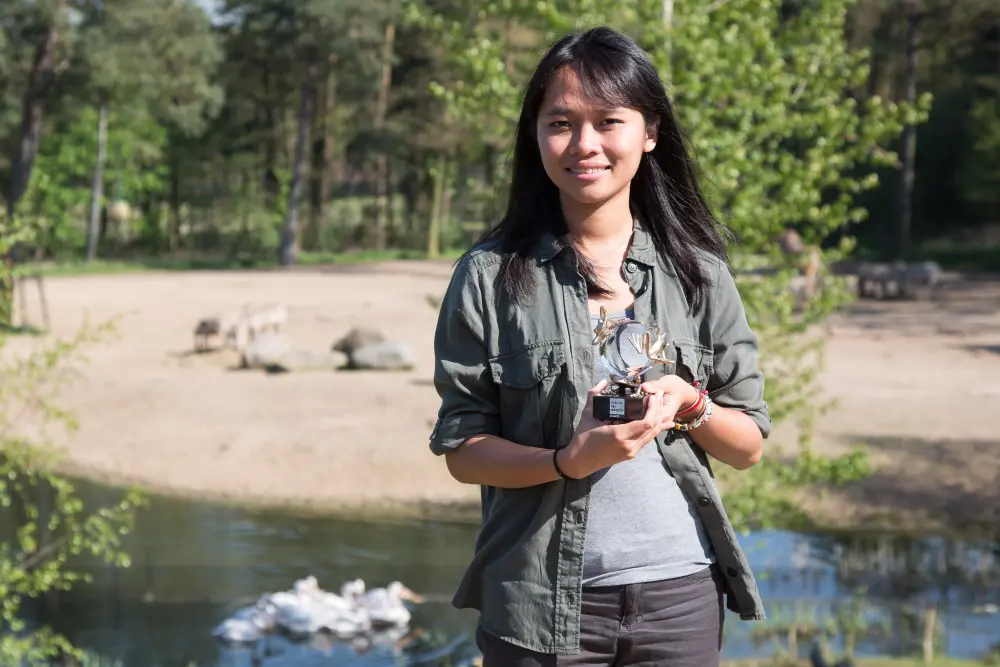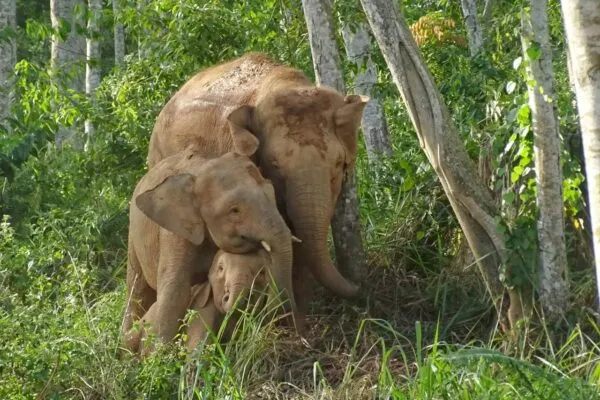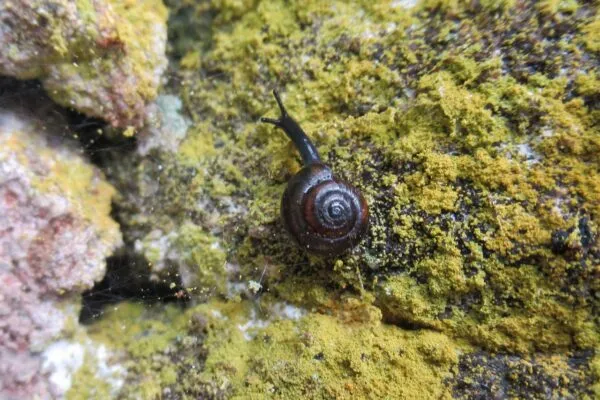Trang Nguyen Fighting Illegal Wildlife Trade and Poaching on Vietnamese Frontlines
In a fast-growing economy where most people seek lucrative jobs in business and finance, and the government views civil society with skepticism, if not hostility, Trang Nguyen stands out. Trang Nguyen has been fighting illegal wildlife trade and poaching on Vietnamese frontlines for quite some time now.
Trang Nguyen overlooks a central Kenyan wildlife sanctuary with a hat and hiking boots on, and stands out from most Vietnamese who prefer European charm and East Asian wonders for their vacation and photographic memories. But Trang is no ordinary traveler.
The 31-year-old founder and executive director of WildAct, a Vietnamese conservation NGO, travels the world as a conservation scientist. Her motivation to stop the wildlife trade and improve the condition of Vietnamese wildlife pushed her to start this NGO.
Since its founding, WildAct has grown to become an influential organization in the fight against the illegal wildlife trade in Vietnam. Trang and her team actively monitor the trade and demand for wildlife products across borders, from Africa to Asia.
She was named one of the Top 30 under 30 most influential social entrepreneurs by Forbes Asia in 2020 and one of the Top 100 most inspiring and influential women in 2019 by the BBC.
According to Trang;
I don’t dare to say I am an expert, it is just that I have spent a lot of time researching this topic. It is undeniable that wildlife animal consumption exists in Vietnam. There are Vietnamese people overseas, especially in Africa, who are directly participating in illegal and trans-border and transcontinental wildlife trade. This has an effect on Vietnamese diaspora and the image of the country.
Vietnam, which has emerged as a hotspot in the global trade of billions of dollars in illegal wildlife, serves as both a transit route and an important consumer market. According to the UK’s Environmental Investigation Agency (EIA), Vietnamese crime syndicates have been documented as poachers and smugglers in many source countries in Africa and Asia.
The EIA said that Vietnam was involved in more than 600 illegal trade-related seizures in the 17 years to 2019, killing at least 228 tigers, 610 rhinoceroses, 15,779 elephants and 65,510 pangolins — all species at serious risk. The group based its figures on publicly available seizure data. In terms of the consumption of tiger parts and products, Vietnamese are second only to the Chinese.
Many individuals imagine that what they name “bone glue”, or cao in Vietnamese, which comes from animals like tigers and monkeys, might help deal with joint-related illnesses. Rhino horns, in the meantime, are an emblem of affluence with some believing the horn can treat most cancers.
Trang herself is a colon cancer survivor and was struck by a remark from her physician that such beliefs have been harmful given the necessity for early remedy with many cancers.
In several public conservation forums in which she has participated, Trang said that people have reacted to Vietnam’s position as a wildlife trafficking hotspot with hostility and denial.
Via: Aljazeera



